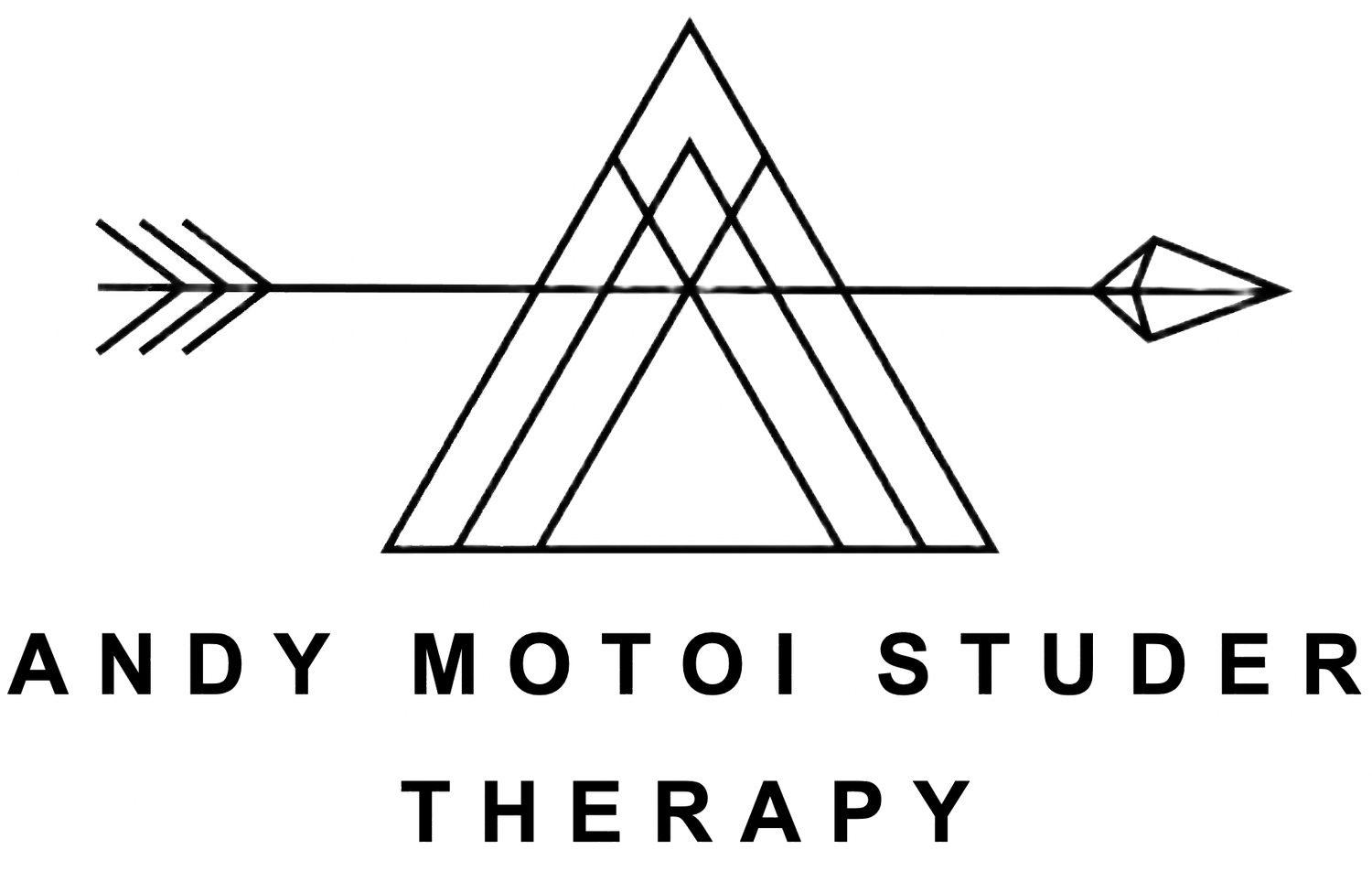
Anxiety
Finding peace with anxiety, and the confidence to move forward.
Finding Relief from Anxiety
Anxiety is one of the most common reasons people seek therapy — and one of the most exhausting to live with. While occasional stress is part of life, anxiety goes further. It can keep you up at night, make you feel “on edge” during the day, and interfere with your ability to focus, connect, or feel calm in your own body.
Living in Culver City, many people balance demanding careers, family responsibilities, creative pursuits, and the fast pace of Los Angeles. It’s no surprise that anxiety can feel overwhelming. Therapy offers a place to slow down, sort through your worries, and build tools to feel more grounded and at ease.
What Anxiety Can Look Like
Anxiety shows up differently for everyone. You might recognize yourself in one or more of these experiences:
Constant worrying that feels hard to control
Difficulty sleeping, or waking up with a racing mind
Tightness in your chest, shallow breathing, or a racing heart
Trouble concentrating or making decisions
Avoiding situations where you fear embarrassment or failure
Panic attacks that seem to come out of nowhere
Feeling irritable, restless, or “on edge” much of the time
A sense that no matter how much you do, it’s never enough
If you’re living with anxiety, you may also feel isolated, like others don’t see how much you’re struggling. Therapy is a space where your experience is taken seriously, and where you can find support without judgment.
Types of Anxiety
Anxiety isn’t one-size-fits-all. Some common forms include:
Generalized Anxiety Disorder — ongoing, excessive worry about everyday situations.
Social Anxiety — fear of judgment, rejection, or embarrassment in social settings.
Panic Disorder — experiencing sudden, intense episodes of fear and physical symptoms.
Performance Anxiety — common in Culver City’s creative and professional circles, where high expectations and public presence can feel overwhelming.
Trauma-related Anxiety — hypervigilance, fear, or racing thoughts linked to past experiences.
Cultural Anxiety — pressure from family, community, or identity-related expectations.
No matter the type, anxiety therapy can help you find relief and learn healthier ways to cope.
How Therapy Helps with Anxiety
Anxiety thrives when it feels like you have no control — but therapy can help you build confidence and reclaim your sense of stability. Benefits may include:
Understanding thought patterns that fuel worry and learning how to shift them.
Regulating your nervous system with grounding, breathing, and mindfulness practices.
Challenging avoidance behaviors so you can live more fully instead of shrinking your life around fear.
Exploring root causes such as past trauma, perfectionism, or cultural stressors.
Building emotional resilience so that stressors feel manageable instead of overwhelming.
Finding balance between ambition, rest, and connection.
Therapy isn’t about eliminating all worry — it’s about helping you feel more present, calm, and in control of your life.
My Approach to Anxiety Therapy
Every person’s experience of anxiety is unique. My role is to create a supportive, non-judgmental space where we explore what’s fueling your anxiety and build personalized tools to help you manage it.
Approaches may include:
Cognitive Behavioral Therapy (CBT) — identifying anxious thought patterns and replacing them with more balanced perspectives.
Relational therapy — exploring how your relationships and connections impact anxiety.
Trauma-informed therapy — understanding how past experiences shape current fears and triggers.
Mindfulness and body-based practices — learning to calm your nervous system and reconnect with the present moment.
EMDR (if appropriate) — healing anxiety rooted in unresolved trauma.
Together, we’ll create a therapy process that supports both your immediate needs and your deeper healing.
Anxiety in the Context of Culver City Life
Culver City has a unique energy — with film studios, creative industries, thriving businesses, and a strong sense of community. Many residents balance high-pressure careers with creative ambitions, family life, and social commitments.
This environment can be exciting but also stressful. The constant push to achieve, perform, or keep up can feed anxiety. Having a therapist based in Culver City means working with someone who understands the local culture and the specific pressures that come with living and working here.
Signs It May Be Time to Seek Therapy
You don’t have to wait until anxiety feels unmanageable to get help. Therapy may be especially helpful if:
Anxiety is interfering with work, school, or relationships
You’re avoiding opportunities or situations because of fear
Your sleep, appetite, or energy are affected
You find yourself constantly on edge or unable to relax
Panic attacks or physical symptoms are disrupting your daily life
You feel like anxiety is running the show instead of you
Reaching out for support is a sign of strength, not weakness.
What to Expect in Therapy Sessions
In our sessions, you’ll find:
A compassionate space where you can talk openly about your worries
Tools and strategies tailored to your needs and lifestyle
A balance of practical skills for immediate relief and deeper work for long-term change
Validation for your experience — you don’t have to “just get over it” or go through it alone
A collaborative process — therapy is something we do together, at your pace
Many people notice relief after beginning therapy simply by having a space where their anxiety is acknowledged and understood.
Taking the Next Step
If you’re struggling with anxiety in Culver City, you don’t have to carry it alone. Therapy offers you a way to slow down, feel heard, and learn tools to help you move through life with more calm and confidence.
Whether you’re facing panic attacks, performance stress, social fears, or just a constant sense of unease, support is available. With the right tools and care, anxiety doesn’t have to define your life.
I invite you to reach out today to schedule a consultation. Together, we can create a space where you feel safe, supported, and equipped to live with greater ease.
